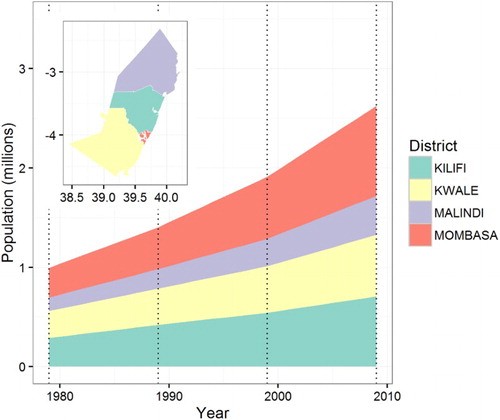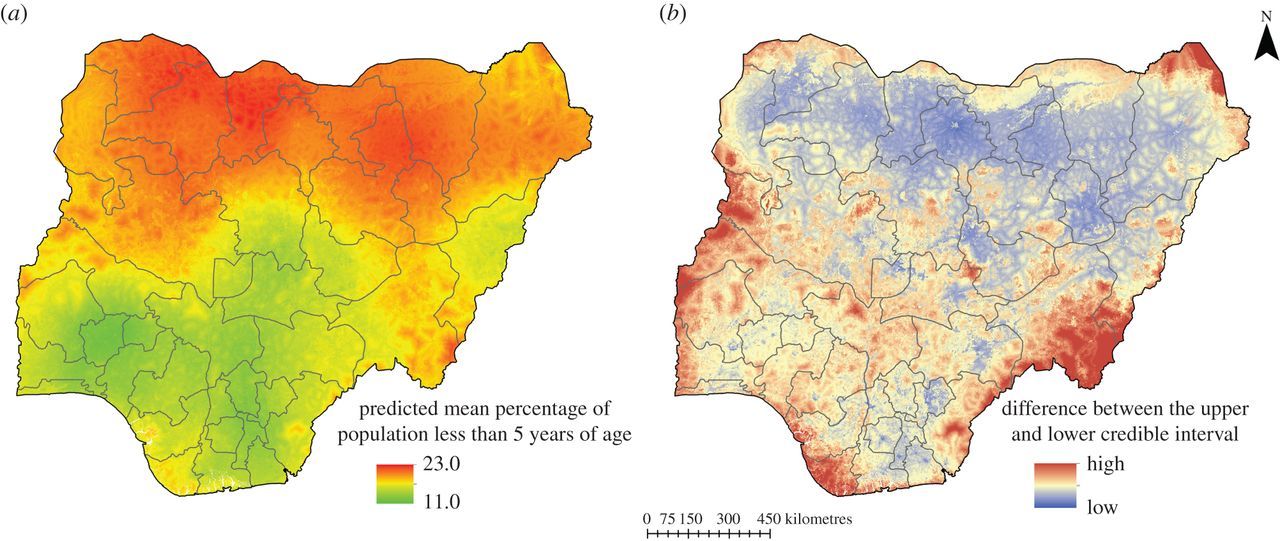Home / Research Themes
Demographic Studies
Demographic Studies
Understanding the composition and distribution trends of populations across time and space is an integral component in crafting health intervention strategies, estimating populations-at- risk for different diseases and spatial modelling in various fields. Population dynamics vary across countries and are further influenced by social and environmental changes such as urbanization, land cover change and evolving settlement patterns. Large-scale gridded population datasets are utilized to estimate populations in the time periods between a census but their availability at finer scales and accuracy levels may vary significantly in resource-poor settings. Key to informing service provision such as vaccination to children, educational planning or maternal healthcare delivery, an exploration of the factors that influence population distribution and the development of fine scale data enables efficient resource allocation that meets people where they are. Within the Population Health Unit, our work explores the various methodological approaches used in modelling populations and
demonstrates the utility of such datasets to inform decision making for various purposes.



